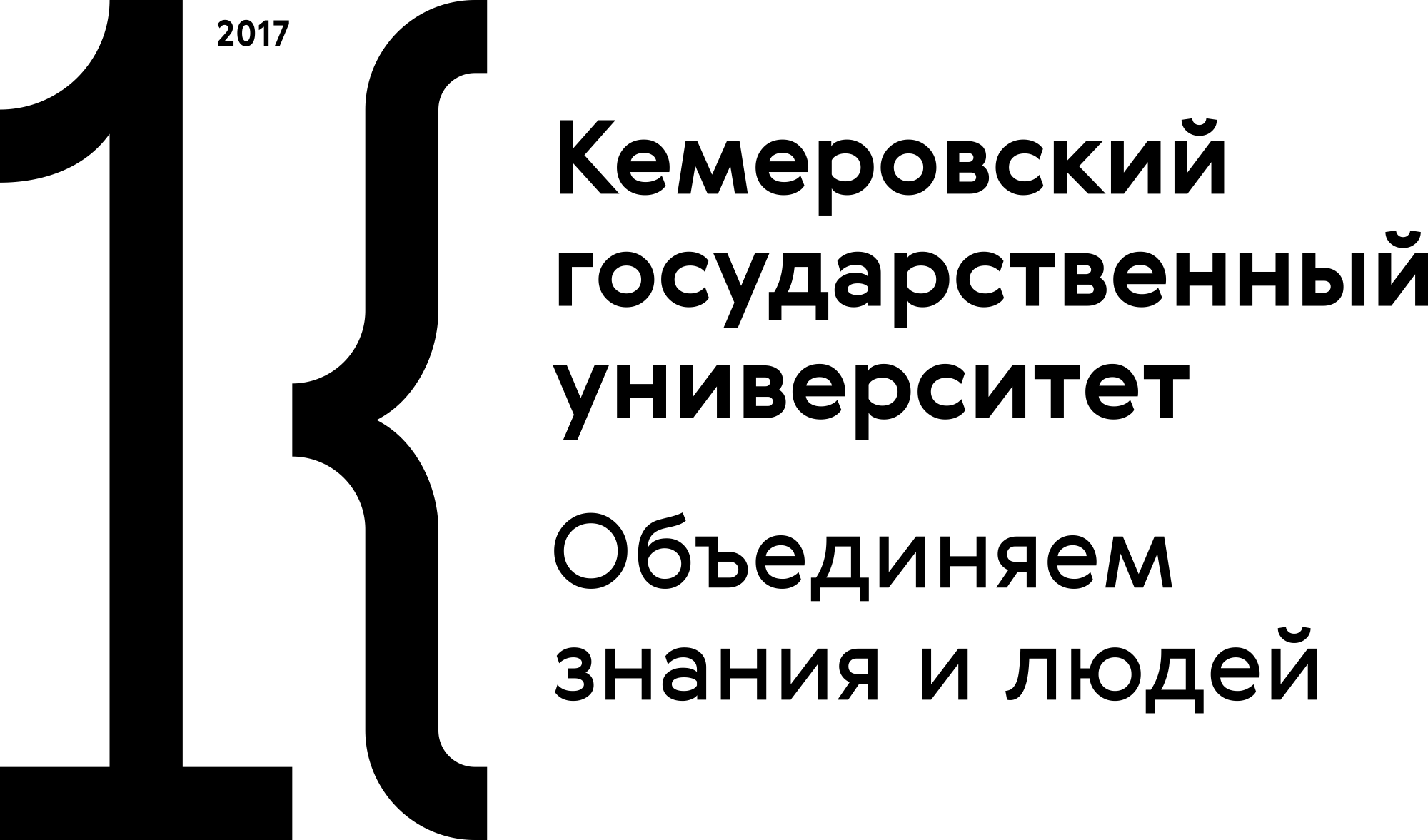Russian Federation
UDC 33
The paper features the problems of staff motivation in the automotive industry in the context of foreign economic activity. In the modern conditions, the increase in the efficiency of foreign economic activity of automobile industry enterprises is largely ensured by the development of human capital and the motivation system that is able to maximize the potential of employees. The research objective was to develop an innovative approach to the staff motivation in the automotive industry in the context of foreign economic activity. The paper contains a retrospective analysis of various approaches to employee motivation. Comparative and benchmarking approaches were used to substantiate the most promising and modern ways of stimulating the labor activity of personnel. Modern technologies of motivation have a wide range of negative consequences for the automotive industry. For instance, the imbalance in personnel training results from the fact that there are not enough qualified technical and computer specialists. Moreover, staff motivation methods have been limited to monetary incentives, which has led to low commitment, involvement, and loyalty. There is also a lack of mechanisms for innovations. These processes reduce the economic sustainability of automotive enterprises, as well as their ability to expand markets and competitiveness in the global economy. A system of integrated analysis of approaches could solve the problems of staff motivation in the automotive industry enterprises of the Russian Federation in the modern foreign market conditions.
human resources, qualification, innovation, staff turnover, wages, benchmarking analysis
1. Butov A. M. New passenger cars market. 2017, 62.
2. Tomyshev A., Ivanov A., Arkhangelskaia O. Automobile market of Russia and the CIS. Industry Overview. March 2018. Available at: https://www.ey.com/Publication/vwLUAssets/ey-automotive-survey-2018-rus/$FILE/ey-automotive-survey-2018-rus.PDF (accessed 22.02.2019). (In Russ.)
3. Sandanova B. D., Podverbnykh O. E. Factors of workers' motivation to innovate. Upravlenie chelovecheskimi resursami - osnova razvitiia innovatsionnoi ekonomiki, 2017, (7): 251-261. (In Russ.)
4. Shakirianova E. I. Effective motivational mechanisms. Nauchnye issledovaniia, 2018, (7): 26-28. (In Russ.)
5. Kagramanova T. I., Kaznacheyeva M. G. Motivation of staff as a current problem. Mir nauki, kultury, obrazovaniia, 2017, (3): 200-202. (In Russ.)
6. Chentsova M. V. The modern concept of innovative development and the formation of the "knowledge economy": problems of theoretical analysis. Innovation economy: Proc. Intern. Sci. Conf., October 20-23 2014. Kazan: Buk, 2014, 3-6. (In Russ.)
7. Zvezdilin A. Iu. Study of staff motivation in the conditions of innovative business development. Nevinnomyssk, 2008, 138. (In Russ.)
8. Lipovskaia N. I. Competitive strategy of Volkswagen AG as a component of the national security of Germany. Molodoi uchenyi, 2015, (22): 440-443. (In Russ.)

















